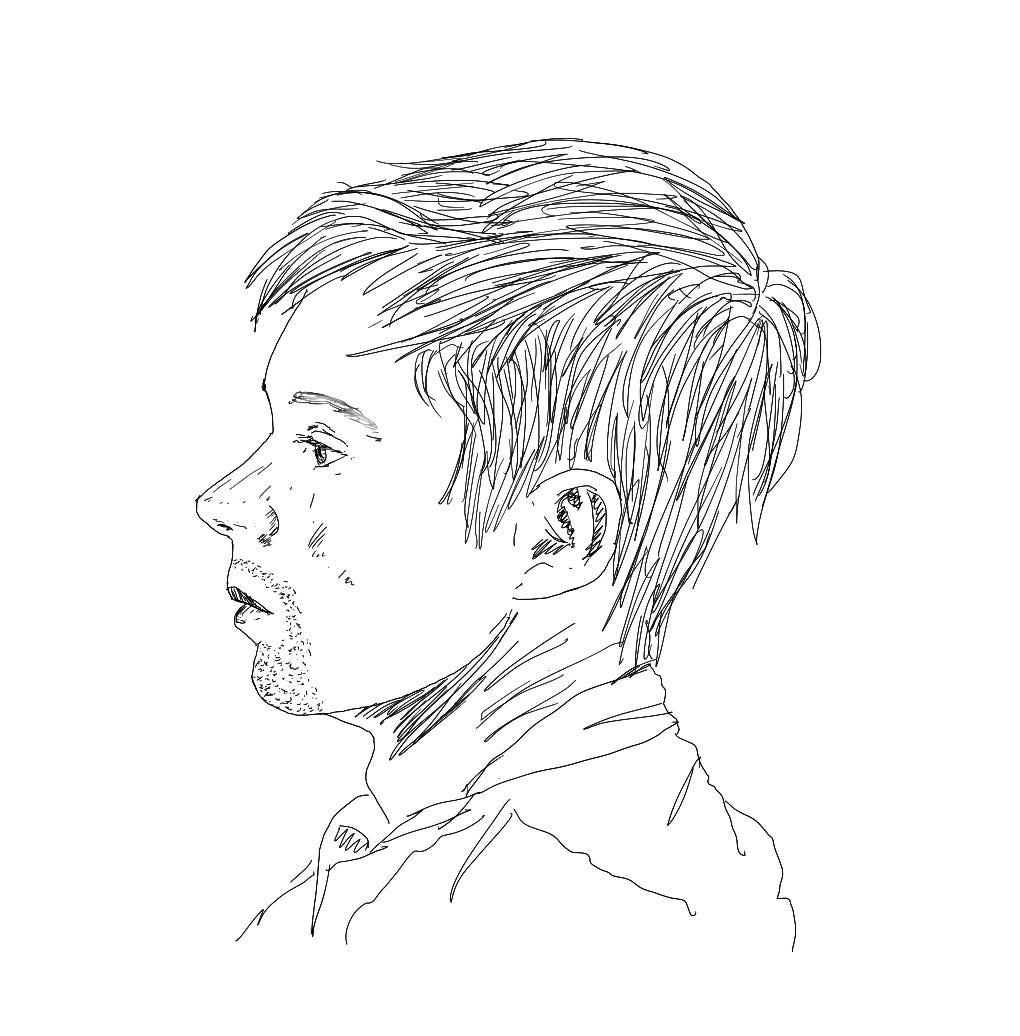I. Assorted Notes on Roglič
For the last six months, I have been learning Slovenian — half of that time in language school in Slovenia. This has come at considerable cost and personal difficulty, but like the dif…
Keep reading with a 7-day free trial
Subscribe to derailleur to keep reading this post and get 7 days of free access to the full post archives.




